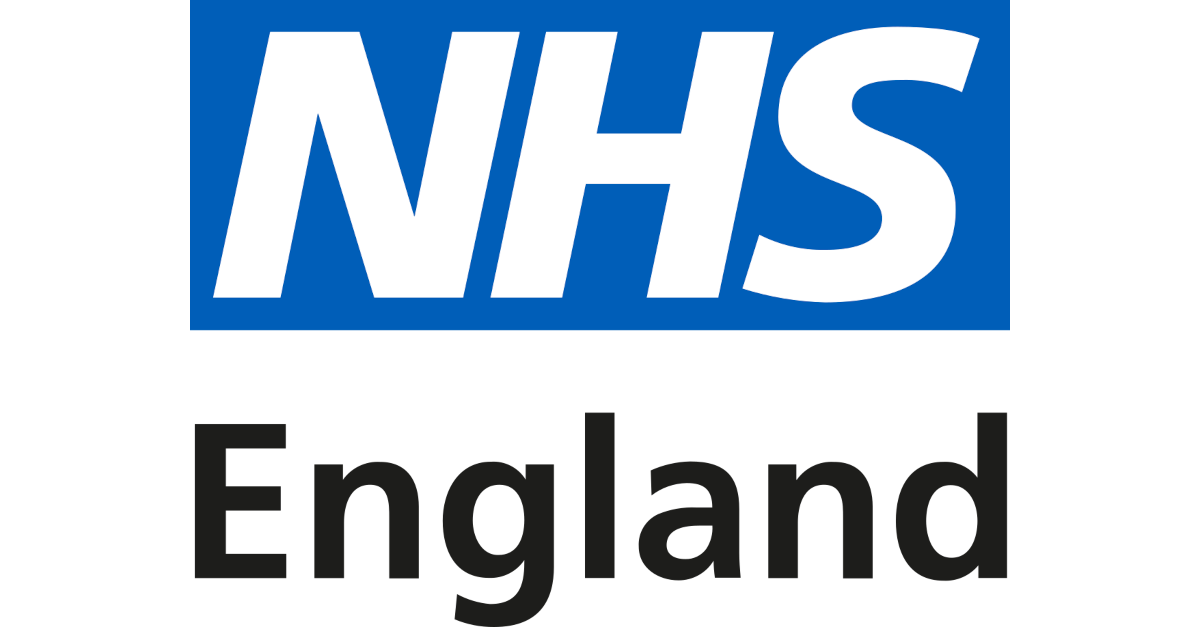NHS staff provided record levels of elective and cancer care during the summer months, according to data published today.
The NHS handled a record 4.60 million elective cases between June and August, 138,000 more than last year (4.46 million), while a further 210,946 cases joined the waiting list in the same period.
The NHS also carried out almost 7.5 million tests and checks – more than a quarter of a million more than in summer 2024 (7.48 million vs 7.21 million) – and a record 654,640 patients were diagnosed with cancer or had the disease ruled out within the planned 28-day time frame.
This is 28,560 more patients than in summer 2024, with an additional 2,420 patients starting cancer treatment within 62 days of diagnosis (59,663 vs. 57,243).
The record-breaking summer occurred despite a five-day strike by resident doctors, from Friday, July 25 to Wednesday, July 30, which saw 54,095 appointments and procedures postponed, and was also a time when many employees took a well-deserved summer vacation.
However, thanks to the efforts of NHS staff, the number of treatments delivered per working day has increased by 4.4% on last August, meaning the NHS is just 1 trading day behind our targets for elective care.
The overall waiting list increased by 11,988 in August to 7.41 million, or 6.26 million patients. However, the NHS has been expanding a range of measures to help keep some patients off the waiting list who would be better treated elsewhere.
Between April and August, more than half a million patients (589,336) have avoided an unnecessary hospital referral through Advice and Guidance, where GPs access advice directly from consultants for their patients.
A record summer of demand in urgent and emergency care shows every sign of continuing into the autumn, with this September being the busiest on record for A&E services.
Last month there were 2.31 million visits to the Emergency Department, 4% more than last September (2.21 million). Despite this, a higher proportion of patients were seen within 4 hours compared to last year (75% vs 74.2%).
It was also a record September for ambulance staff with 761,433 incidents, an increase of 6% from 721,003 in September 2024.
From 1 October, GP phone lines have been freed up as practices keep online consultation tools running during working hours. The aim is to relieve pressure on other parts of the health service, including A&E, this winter.
Professor Meghana Pandit, NHS national medical director, said: “NHS staff made history this summer by providing unprecedented levels of care for this time of year.
“But we are not going to slow down.
“Given that the demand for emergencies and ambulances is already higher than last year, staff are preparing for what looks like a tough winter.
“As always, the public can play their part by getting vaccinated against flu, Covid and respiratory syncytial virus (RSV) if eligible, using NHS 111 for non-urgent help and calling 999 or visiting A&E for life-threatening emergencies.”
Health Minister Stephen Kinnock said: “This has been an unprecedented summer for the NHS, with more cancer cases diagnosed or ruled out and more tests and checks carried out than any previous summer.
“We know there is more to do, which is why we are moving forward with new surgery centers, evening and weekend scans, and cutting-edge technology to treat millions more patients on time.
“Backed by £29 billion of additional funding this year, our investment and reforms are delivering real results for patients – and none of this would be possible without the tireless commitment of our NHS staff.
“Through our Change Plan we are preparing our NHS for the future.”
Eligibility for the COVID-19 vaccine changed for this fall and winter following the Joint Committee on Vaccination and Immunization’s recommendation that it should be offered to people aged 75 and over, anyone with a weakened immune system or those living in nursing homes.
The NHS is urging people to check they are still eligible to receive the COVID-19 vaccine before booking; The NHS website states whether your age, health or medication means you are eligible, and your GP or pharmacist will confirm this before giving you the vaccine.
Flu vaccines are available to everyone over 65 years of age, those under 65 years of age in clinical risk groups, residents and carers of nursing homes, close contacts of immunocompromised people, frontline health and social care workers, as well as children and pregnant women.
You can book an appointment through the NHS app, your local GP, online at www.nhs.uk/bookflu either www.nhs.uk/bookcovidor by calling 119.
You can also find your nearest walk-in service or by using the NHS walk-in finder.



